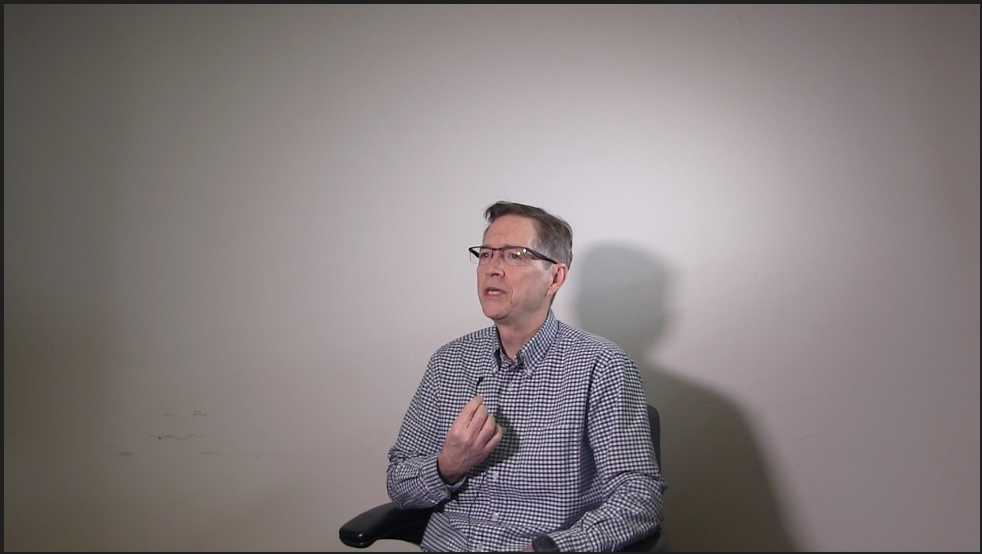From Hydrogen to Helium: An Analytical Scientist's Perspective
As part of an upcoming meeting on Recent Advances in Gas Chromatography meeting, led by Tony Taylor and Dan Carrier, one of the many talks planned will give a different perspective on certain elements and how they can prove useful to analytical scientists.
Abstract transparent hydrogen H2 molecules on blue background, clean energy or chemistry concept | Image Credit: © Shawn Hempel - stock.adobe.com

The talk, "Helium to Hydrogen - The Analytical Scientists Perspective", will be held by Paul O'Nion of RSSL, in Reading, UK. Its subject will appeal to experienced and new chromatographers alike, broadening their knowledge and helping them look at these techniques in new ways.
To learn more about this workshop and others, you can register for more information at https://na.eventscloud.com/ereg/index.php?eventid=743617 or contact registration@sasevents.co.uk .
Detecting Hyper-Fast Chromatographic Peaks Using Ion Mobility Spectrometry
May 6th 2025Ion mobility spectrometers can detect trace compounds quickly, though they can face various issues with detecting certain peaks. University of Hannover scientists created a new system for resolving hyper-fast gas chromatography (GC) peaks.
Altering Capillary Gas Chromatography Systems Using Silicon Pneumatic Microvalves
May 5th 2025Many multi-column gas chromatography systems use two-position multi-port switching valves, which can suffer from delays in valve switching. Shimadzu researchers aimed to create a new sampling and switching module for these systems.
Prioritizing Non-Target Screening in LC–HRMS Environmental Sample Analysis
April 28th 2025When analyzing samples using liquid chromatography–high-resolution mass spectrometry, there are various ways the processes can be improved. Researchers created new methods for prioritizing these strategies.

.png&w=3840&q=75)

.png&w=3840&q=75)



.png&w=3840&q=75)



.png&w=3840&q=75)





